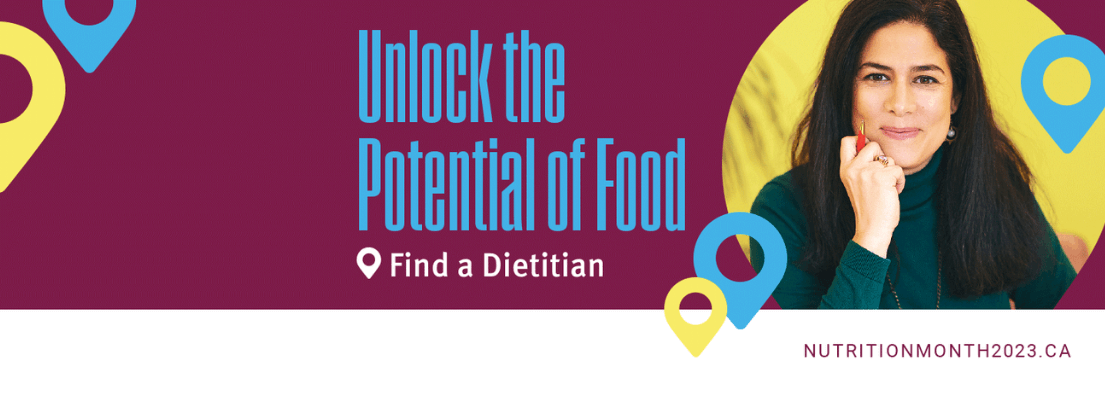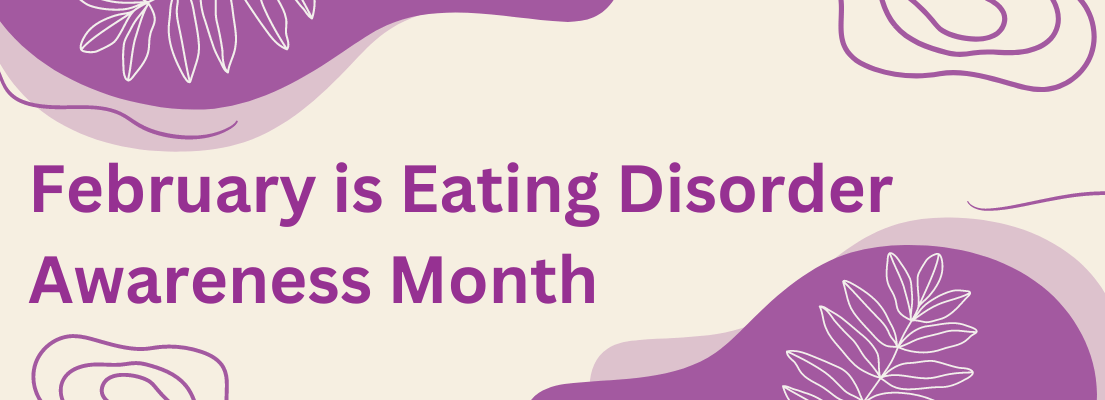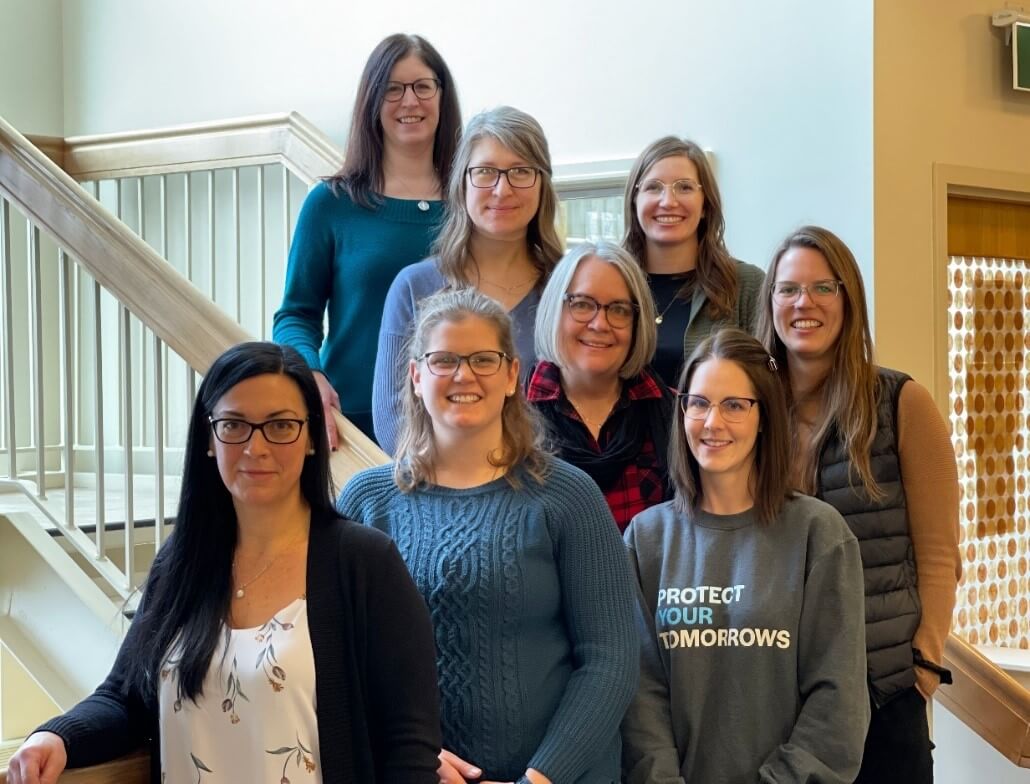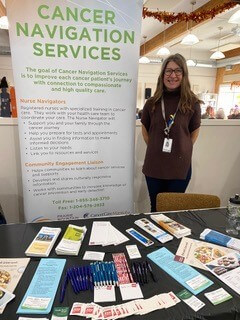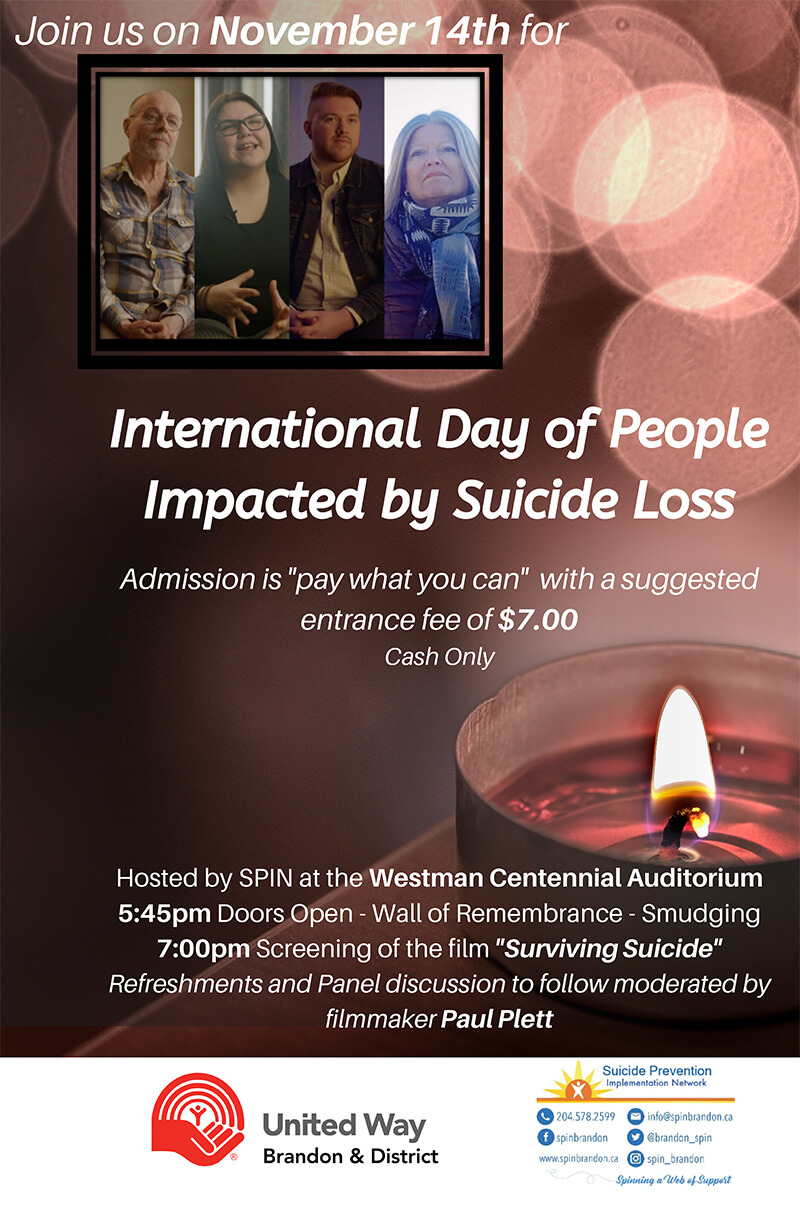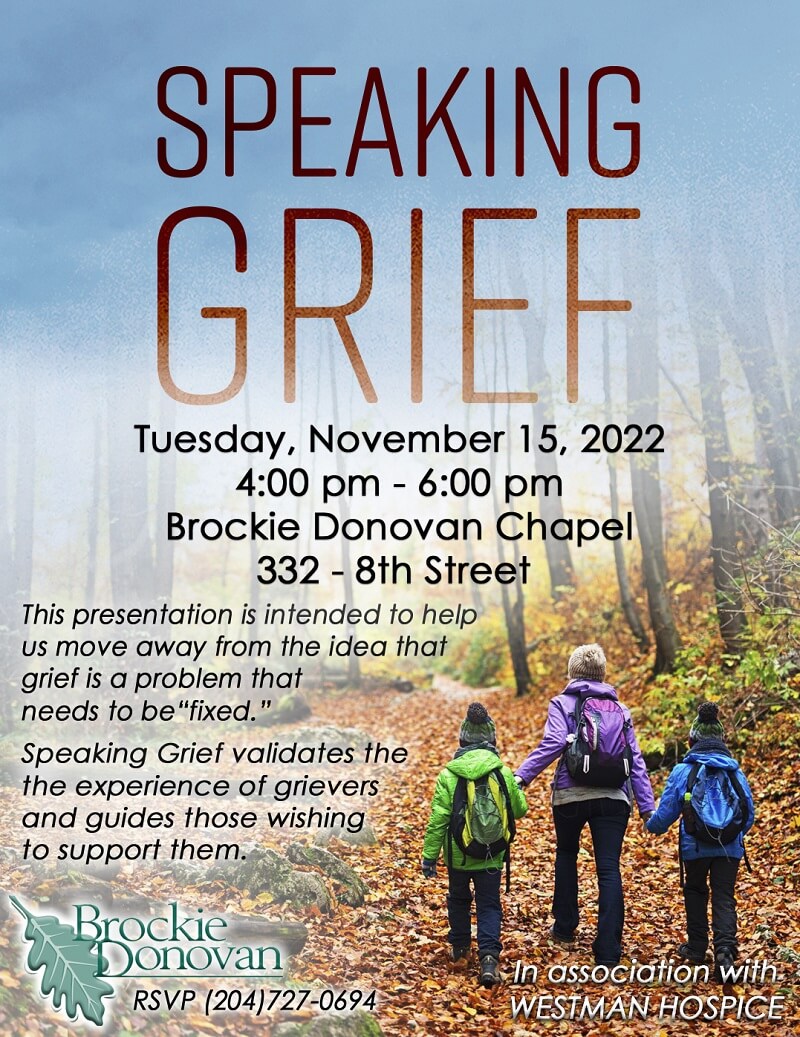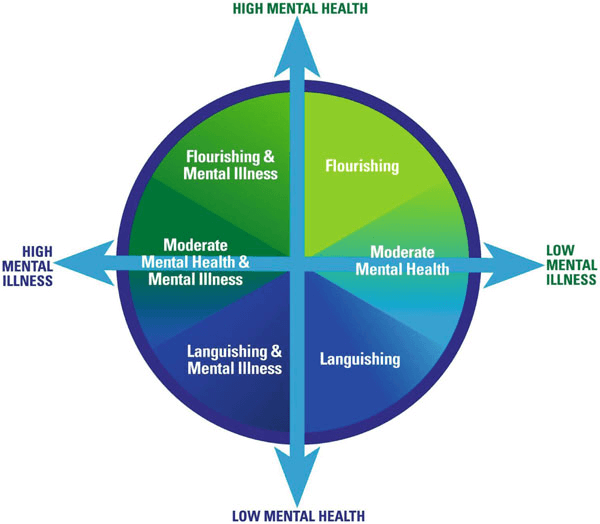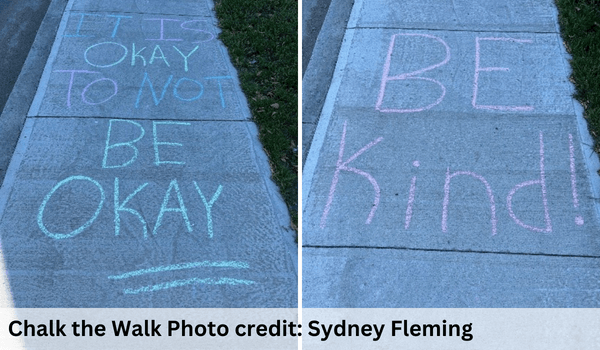Mental Illness Awareness Week – October 2-8, 2022
When is Mental Illness Awareness Week and why does it occur?
Mental Illness Awareness Week, this October 2nd-8th, occurs the first week of October annually as an initiative to raise awareness and reduce stigmatization of mental health issues and mental illness. The aim of this initiative, and others such as World Suicide Prevention Day (every September 10th) is to reduce barriers that prevent people from accessing services for their mental health and substance use- which starts with openly discussing these topics.
What is mental health?
Mental health is a person’s state of mental well-being, which includes the ability to copy with emotions, feelings and thoughts, and connection to others. Everyone has mental health and everyone will experience challenges with their mental health at some point in their life (such as dealing with grief). Mental health is not predicted by mental illness. People without mental illness can languish with poor mental health and people with mental illness can flourish with great mental health (see Keyes Dual Continuum of Mental Health). 1
Who is affected by mental health concerns and mental illness?
1 in 5 Canadians will experience mental health or mental illness issues each year.2 In Prairie Mountain Health (PMH), the Community Health Survey (2019) noted that 34,000 residents live with a mood or anxiety disorder mental illness, with PMH having the highest prevalence of mood or anxiety disorders in the province. The 2019 Community Health Survey also identified that, tragically, 1,000 Manitobans die by suicide every year.3
Managing Everyday Stress
It IS possible for people to thrive, whether or not they have mental illness. In order to thrive, all people, with mental illness or not, need to be able to manage everyday stressors.4
Tips to manage daily stressors are: 5
- Identify your stressors
- Categorize stressors by their ability to change (changeable or unchangeable) and importance (important or unimportant)
- Plan a strategy for each stressor
Mental Wellness Supports Available Across PMH
PMH has supports available to help people learn how to manage their daily stressors, as well as supports for when people are experiencing poor mental health or a high state of mental illness.
- PMH Mental Wellness Promotion and Prevention Supports – These programs are offered in various communities throughout PMH. Times and locations vary, this programming is typically FREE for participants:
- Wellness Recovery Action Plan (WRAP) – Program that offers participants the skills they need to build wellness tools, understand stressors, identify when things are breaking down, develop a crisis plan, and transition back to everyday tasks after a crisis. An education in-service is being offered on WRAP programming, as well as More than Mamas, on October 7th 1:30-3pm for PMH employees.
- Strive to Thrive – 5 class program that explores mental wellness symptoms with participants and looks at tools that participants can use to improve their mental wellness-to thrive. Participants explore what it means to thrive, manage life transitions, improve resilience, and build support. Strive to thrive is facilitated over 5 classes.
- Get Better Together – Workshop held over 6 weeks for people wanting tools to manage their health conditions.
- LivingWORKS SafeTalk – Training that is for community organizations and individuals. Participants learn how to prevent suicide by recognizing signs, engaging with person at risk, and connecting them with an intervention resource for support.
- PMH Mental Health/Mental Illness Crisis Supports – These resources are available throughout PMH. Discover the details here.
- Provincial Crisis Resources
- Manitoba Suicide Line – 1-877-435-7170
- Sexual Assault Crisis Line – 1-888-292-7565
- Klinic Crisis Line – 1-888-322-3019
- Farm & Rural Stress Line – 1-866-367-3276
Mental Wellness and Suicide Prevention Committee Events
The Mental Wellness and Suicide Prevention Committee is made up of PMH employees, as well as people from external organizations across the North PMH area (former Parkland Regional Health) that support mental wellness and suicide prevention programming and events.
Recently, to honour World Suicide Prevention Day, September 10th, communities across the Parkland Chalked the Walk. People wrote positive messages on the sidewalks to promote hope, resilience, and suicide awareness and prevention.
1Priairie Mountain Health. (2021). Class 1: Introduction. In (2nd ed.) Strive to thrive: Mental wellness for all-Facilitator guide (pp.6-10). Prairie Mountain Health.
2CMHA National. (2022). Fast facts about mental health and mental illness. https://cmha.ca/brochure/fast-facts-about-mental-illness/
3McPherson, N., Williams, C., McTavish, P., Allen, A., Gaber, M., Ostash, A., Tregunna, N., Allan, J. (2019). Prairie Mountain Health community health assessment 2019. 2019CHAFeb102020.pdf
4 Prairie Mountain Health. (2021). Class 2: Thriving. In (2nd ed.) Strive to thrive: Mental wellness for all-Facilitator guide (pp. 12-24). Prairie Mountain Health.
5Lorig, K., Holman, H., Sobel, D., Laurent, D., Gonzalez, V., & Minor, M. (2013). Living a healthy life with chronic conditions (4th ed.). Bull Publishing Company.
